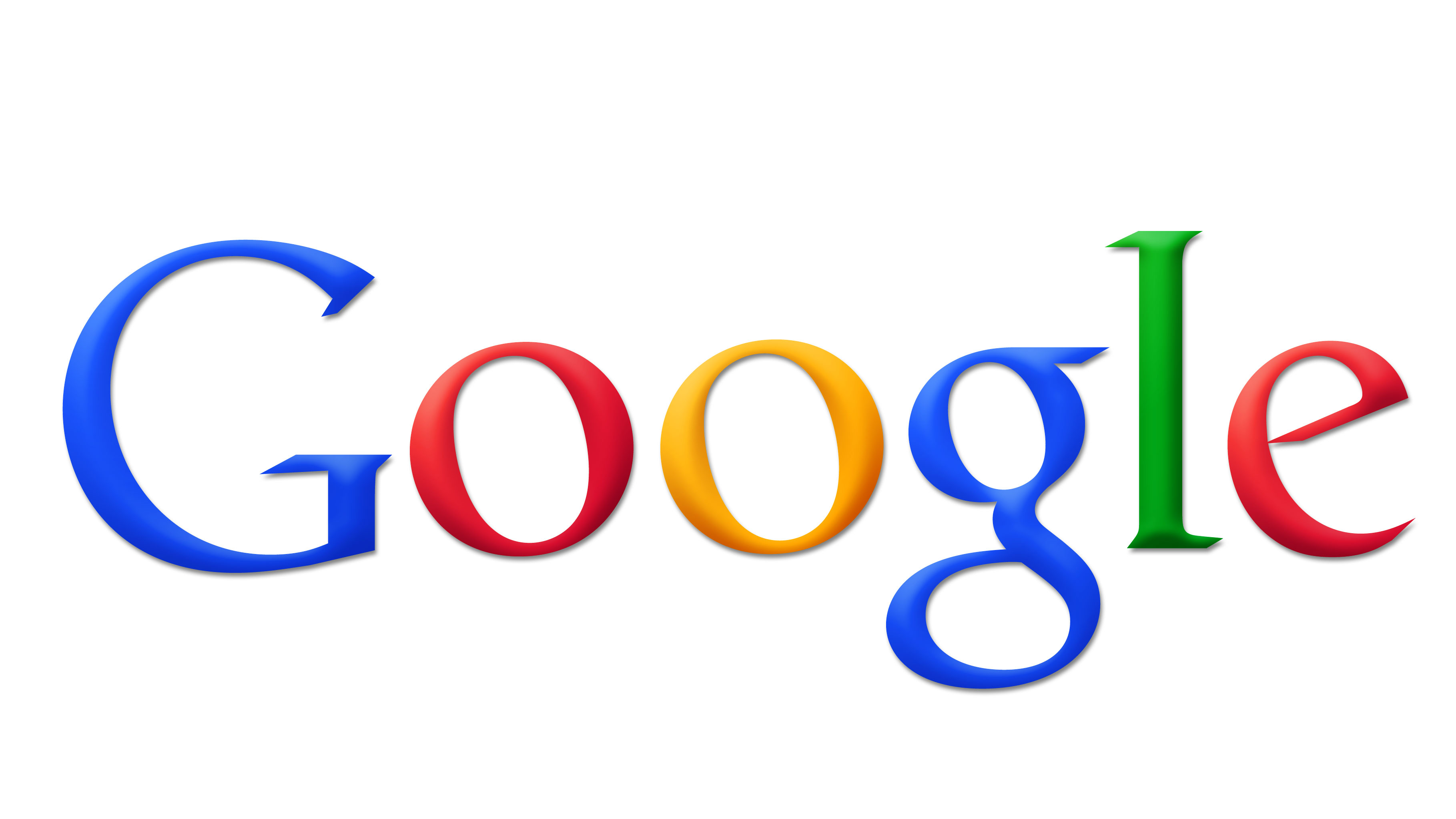Search engine basics
Getting the most out of natural and paid search

Search engines account for a significant part of the web traffic that most websites receive, so it's important that you get your search engine strategy right.
Web analytics business Experian Hitwise's figures for December 2011 saw over 2.18 billion visits to online retailers in the UK, with 43% of the traffic coming directly from search engines and more than nine in ten visits from search engines where from Google (91.75%), followed by Microsoft (3.57%), Yahoo (2.53%) and Ask (1.8%).
Paid search v's natural search
The traffic that comes from search engines can be split into two categories, paid and free. Free traffic comes from the "natural search" or "organic search" results. The natural search links are essentially anything in the middle column on the search engines – although occasionally the first few results below the search box can also be paid search and are labelled as "Sponsored Links."
The information in the natural search results section is gathered by the search engines from your website via "bots" – it's short for robots. These bots go to your website at regular intervals and go through the pages of your site, gathering information, which is then held in the search engines index.
Paid search results are the links that appear just below the search box and to the right of the search box. Anyone can buy a link on Google, but where and if you appear in the lists below and to the right depends on how much you are willing to pay, and on your relevance to the search that someone has just entered.
Until you start to advertise on search engines all of your traffic from search engines will be free. So it's worthwhile making sure that you are maximising on your free traffic before you start to spend on paid advertising.
If you're confused between the difference between natural and paid search then don't be, you're not the only one. In a survey "2010 Search Engine Results Page (SERP) Insights Study" in 2010 performance marketing experts Performics found that only 63% of users in the US were able to tell the difference between a paid search and a natural search result. And that data varied alarmingly by age, of those under 30 years of age, 80% said they knew the difference, but of those over 30, only 59% could tell the difference between the two.
Are you a pro? Subscribe to our newsletter
Sign up to the TechRadar Pro newsletter to get all the top news, opinion, features and guidance your business needs to succeed!
Natural search and search engine optimisation (SEO)
Search engine optimisation (SEO) is the "science"- some say "art" - behind maximising your free traffic. The secret of good SEO is to get your results to appear higher up the page, and most of the theory behind SEO is based on common sense. You can do SEO yourself, or you can employ other people to do it for you, and there are millions of businesses that make a lucrative living from helping businesses exploit this free traffic from search engines.
The basics of SEO are simple. Make your site easy to navigate, label everything, and keep your site fresh and useful and you will get traffic. The bots that navigate your site are essentially dumb, they follow links and they grab text and pictures. If you hide links in Flash, and if you don't tell them that a link is going to take them to the "Contact Us" page and instead call it "link27" then you're going to put them off.
If you confuse the bot, then Google assumes a real person will be confused too, and so you are pushed further down in the listings. If the bot encounters the same information every time it visits it will reduce the frequency of its visits, and your site will get pushed down the search list. If your site is being updated constantly, then the bot will increase the frequency of its visits, and your site will rise up in the natural search rankings on the search engine.